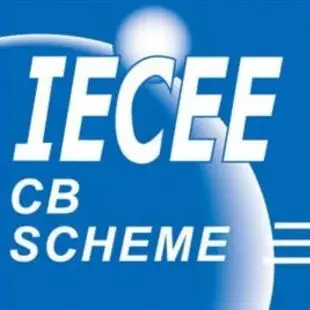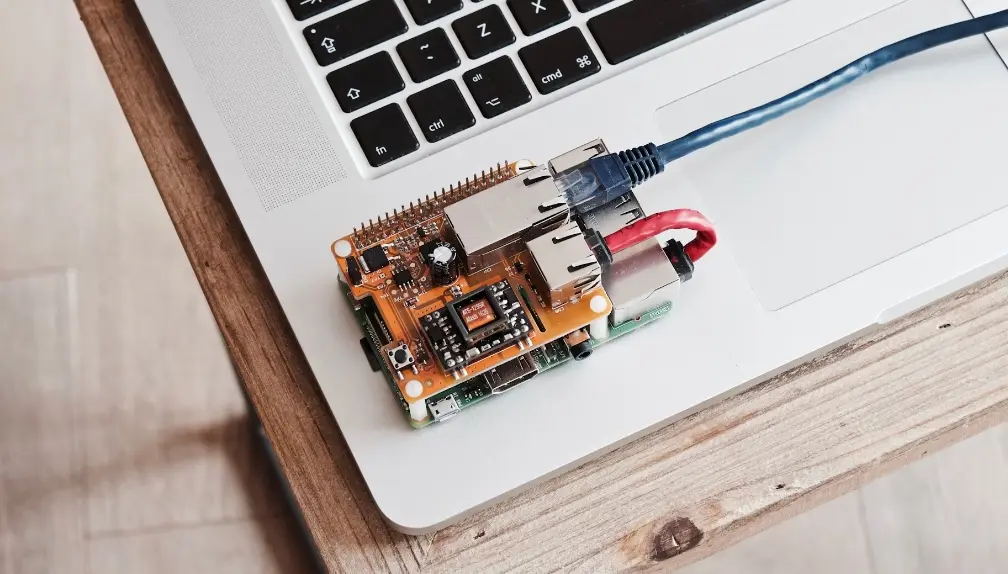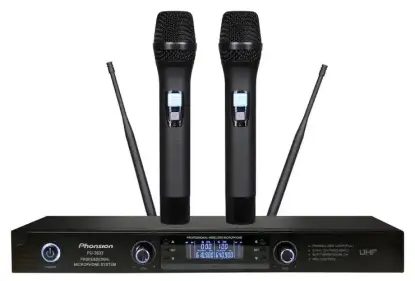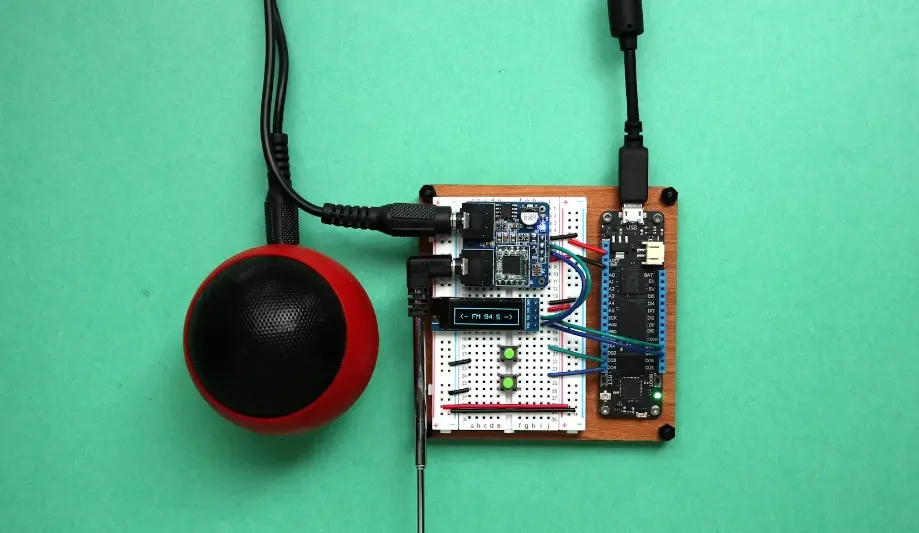
What is a CB Compliance Certificate?
The CB Scheme is an international mutual recognition conformity assessment system operated by IECEE (International Electrotechnical Commission System of Conformity Assessment Schemes for Electrotechnical Equipment and Components). Products evaluated through this system are issued a certificate, commonly referred to as a CB Certificate. The evaluation process is known as cb certification.
What is IECEE?
IECEE stands for the IEC System of Conformity Assessment Schemes for Electrotechnical Equipment and Components. It covers 22 categories of electrical and electronic equipment and associated testing services. These categories include:
- Batteries
- Cables and cords
- Capacitors as components
- Switches for appliances and automatic controls for electrical household appliances
- Energy efficiency
- Electrical vehicles
- Electromagnetic compatibility
- Household and similar equipment
- Industrial automation
- Installation accessories and connection devices
- Information technology audio video
- Lighting
- Measurement, control, and laboratory equipment
- Electrical equipment for medical use
- Miscellaneous
- IT and office equipment
- Low voltage, high power switching equipment
- Installation protective equipment
- Photovoltaics
- Safety transformers and similar equipment
- Portable tools
- Electronics, entertainment
Mutual Recognition of CB Certificates
CB certificates issued under this system are mutually recognized among member countries of the International Electrotechnical Commission (IEC). Subject to certain conditions (e.g., factory audits), these certificates can be converted into local entry certificates for member countries, such as CCC (China) or KC (Korea).
As of January 1, 2020, the CB system has 54 member countries, representing the majority of the global economy. These include:
- Americas: Argentina, Brazil, Canada, Chile, Colombia, Mexico, United States
- Asia: China, Bahrain, India, Indonesia, Israel, Japan, Korea, Malaysia, Pakistan, Saudi Arabia, Singapore, Thailand, United Arab Emirates, Vietnam
- Europe: Austria, Belgium, Bulgaria, Croatia, Czech Republic, Denmark, Finland, France, Germany, Greece, Hungary, Netherlands, Italy, Norway, United Kingdom, Poland, Portugal, Russian Federation, Slovakia, Slovenia, Spain, Sweden, Switzerland, Turkey, Ukraine, Serbia, Belarus
- Africa: Côte d'Ivoire, Kenya, Nigeria, South Africa
- Australia and Oceania: Australia, New Zealand
CB Certification Process
The IECEE CB Scheme operates under ISO/IEC 17067 Certification System 1a. This involves testing selected samples and issuing certificates. Product testing must be conducted at a CBTL (cb testing Laboratory), which provides a test report. The NCB (National Certification Body) then reviews the report and issues the CB Certificate. Factory audits are not required under this system.
cb certified Product Lookup
CB certified products can be verified at:
https://certificates.iecee.org/ods/cb_hm.xsp
Marking Requirements
Currently, there are no mandatory marking requirements for CB certification. However, consumer electronics products applying for CB certification must meet the labeling requirements of the relevant IEC standards.

IECEE Logo Guidelines:
- IECEE permits certified manufacturers to use the IECEE Logo on their websites and promotional materials but prohibits its use on products or packaging.
- The IECEE Logo comprises two components that represent the IECEE brand and its relationship with the IEC.
- The logo must maintain its original proportions, with a minimum size of 6 x 13 mm.
Email:hello@jjrlab.com
Write your message here and send it to us
 What is FCC Class A vs. Class B?
What is FCC Class A vs. Class B?
 UL Standards for Electrical Equipment
UL Standards for Electrical Equipment
 Is UL Certification Required in the USA?
Is UL Certification Required in the USA?
 Wireless Microphone Export Certification
Wireless Microphone Export Certification
 Audio-Visual Products SNI Certification in Indones
Audio-Visual Products SNI Certification in Indones
 FCC-ID: Still Needed if Module is Certified?
FCC-ID: Still Needed if Module is Certified?
 FCC Certification Fees for Handheld Fans
FCC Certification Fees for Handheld Fans
 FCC Certification Testing for Smart Lighting Produ
FCC Certification Testing for Smart Lighting Produ
Leave us a message
24-hour online customer service at any time to respond, so that you worry!




